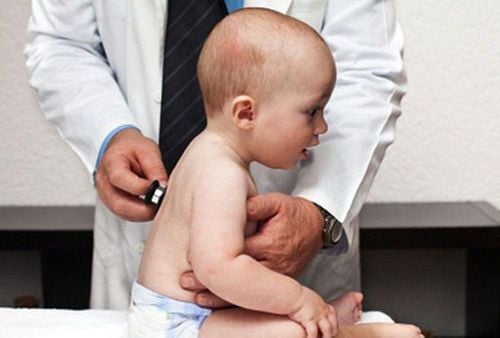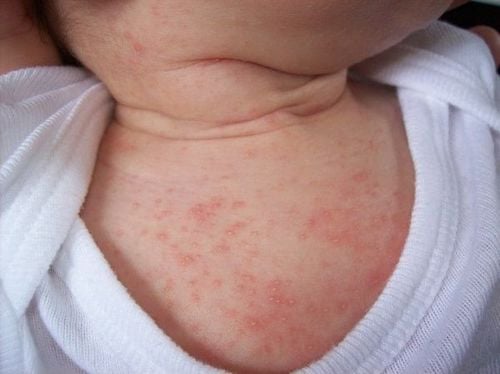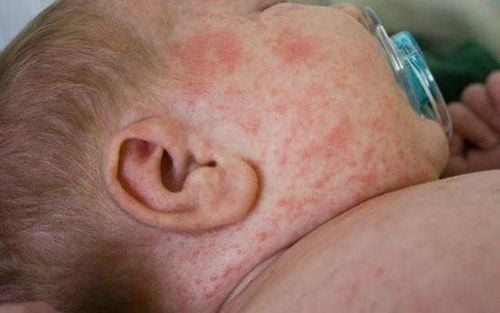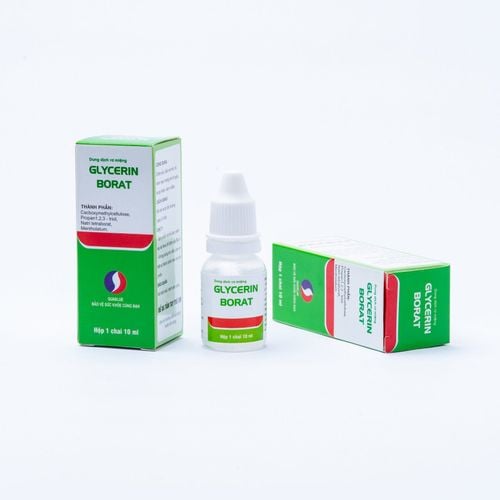Nội dung bạn đang tìm kiếm không có phiên bản tiếng Việt.
Vui lòng chọn tiếp tục để xem nội dung tiếng Anh hoặc đi đến trang chủ Tiếng Việt.
Rất xin lỗi về sự bất tiện này.
Pediatrics


Is a 10-Month-Old Baby Weighing 7kg Considered Severely Malnourished?
Ensuring a child's healthy growth and development is always a major concern for parents. Depending on a child’s age and gender, the standard weight varies. What is the ideal weight for a 10-month-old baby? Is a 7kg baby at 10 months considered severely malnourished?
View more

Excessive blinking in children: Is medical consultation necessary?
Children may experience involuntary blinking, which is typically a normal phenomenon. However, if blinking is excessive and continuous, accompanied by signs of fatigue, restlessness, or other alarming symptoms, it may indicate an underlying health issue. Therefore, it is advisable for parents to seek medical evaluation.
View more
Latest articles

Guide to Identifying Chest Retractions in Children with Cough and Pneumonia
Respiratory infections are common in young children, particularly those under five years old. These infections can progress to severe pneumonia, especially when chest retractions occur. This is a serious warning sign of respiratory distress
View more

Will prickly heat in children resolve on its own?
Prickly heat is a very common disease in young children and newborns. Although it is a benign skin disease, if not treated properly, prickly heat can cause negative consequences to the child's health. Whether prickly in children heat goes away on its own and what are the ways to prevent prickly heat in children?
View more

Magnesium in Children's Diet
Children need all types of vitamins and minerals for proper growth and development, and one of the important trace minerals is magnesium. When this mineral is deficient, your child may experience insomnia, lethargy, muscle cramps, and many other health complications. So, how should magnesium be appropriately supplemented for your child?
View more

Development of a 24-Week-Old Infant
This is a time to celebrate, as your baby has reached 6 months of age. You may have many questions in mind, such as whether your baby is left-handed or right-handed? Whether your baby is ready for solid foods?
View more

Can Infants Be Affected by Dengue Fever?
Infants, defined as children between one month and one year of age, undergo rapid growth and development but have an underdeveloped immune system. As a result, they require meticulous care and protection to ensure optimal health. Among the infectious diseases that pose a significant risk to infants, Dengue Fever is a major concern.
View more

Is it good for children to eat cashew nuts?
Cashew nuts are not only considered a healthy snack with a delicious taste but also a food that provides many important nutrients, such as vitamins, minerals, and antioxidants, bringing various health benefits. So, is it good for children to eat cashew nuts?
View more

Use of Borate Glycerin Solution for Throat Cleansing in Children with Hand-Foot-Mouth Disease
Borate glycerin is a therapeutic agent in the otolaryngology category. Therefore, when affected by hand-foot-mouth disease, borate glycerin is commonly prescribed for cleansing the throat in children with lesions such as swelling, ulcers, and vesicles.
View more

Height and Weight of 6-month-old Babies
In the first months of life, regularly monitoring your child's height and weight is essential for parents to accurately assess their baby's health and development. By the sixth month, the baby's weight typically doubles compared to birth weight, and the baby's height increases by about 15cm from birth.
View more

